
Matt Sedillo and David A. Romero from Martillo Press.
When poets Matt Sedillo and David Romero launched El Martillo Press in June 2023, they set out to create more than just a publishing house. This Latino-owned press is built on the belief that poetry can challenge injustice, serve as a form of protest, and unite communities.
Introduced by a mutual acquaintance, their lives converged through poetry. Sedillo attended one of Romero’s open mics in Pomona—a packed house of 100 people. “That was a life-changing moment,” Sedillo recalled. “I would say that David really is literally [who got me] interested in spoken word.”
The seeds of El Martillo Press were planted during their work with a Texas-based publisher, where they established a West Coast network of events and authors. When the proposal for their own imprint was rejected, they decided to establish their own publishing house from the ground up.
“We had seen great success,” said Romero. “We could promote each other's books, we could get each other's books into bookstores, and there was just a lot […] of collective action, you know, of like: together we are more powerful.”

Matt Sedillo and David A. Romero with El Martillo Press authors Margaret Elysia Garcia and Ceasar K. Avelar at The East Los Angeles Book Festival.
The press publishes poets who are professors or fellowship recipients recognized in literary circles, but it also champions voices of authors who are blue-collar workers, writers whose work is rooted in the rhythms and realities of everyday life. These are writers whose words speak directly to the lived experiences of their communities. “We publish people that have very important things to say [in] very beautiful and impactful ways, but don’t necessarily have the credits behind them.”
For El Martillo, that authenticity is its strength, offering a space that reflects the stories mainstream literary spaces too often overlook.
One of the press’s most emblematic books is “God of the Air Hose” by Ceasar K. Avelar, a former factory worker who became the Poet Laureate of Pomona. His collection captures life on the factory floor, mixing irony and reflection in equal measure.
“He really embodied the spirit of what we are trying to do with the press and really show that people who work, you know, the working hands are some of the most creative minds,” said Sedillo.
That combination of craft and mission has already yielded national recognition. Within its first year, El Martillo published the collection “We Still Be” by Paul S. Flores, which went on to win the American Book Award. “That's pretty much unheard for a press within our first year of publishing, we won one of the top literary awards […] the fact that we were able to do that was really amazing,” expressed Romero.
But the press’s ambitions aren’t measured only in accolades. They see their work as building legacies—not just their own, but those of every author they publish. Margaret Elysia Garcia, whose poetry collection “The daughterland,” they released, was later accepted into the Macondo Writers Workshop, a milestone that they cherish.

For both founders, poetry has been deeply personal—a means of survival. Romero traces his sobriety back to his devotion to the craft. After losing his father to cancer in 2008, he struggled with alcoholism, sometimes bringing drinks to his early readings to deal with the grief.
“It was the passion […] that I had for being a poet and my dream of touring the country and the world,” he emphasized, “It was a reason to wake up, you know, every morning and be responsible to be a better person, interacting with students, being an inspirational figure, being something of a role model [...] I had to be someone that was, you know, accountable to others and to myself.”
Sedillo, too, came to poetry carrying heavy emotional burdens. He remembers the struggles of the past—how alcohol fed a relentless pendulum swing between feeling superior to everyone and believing he was unworthy of love, affection, or even attention. The more he drank, the further those extremes pulled apart. Poetry became his anchor. It gave him projects with a beginning, middle, and end—something tangible he could build and complete. He would start a book, work through it, finish it, promote it, and then begin again.
That cycle gave his life structure, not only through the books themselves but in the deliberate crafting of each poem. Over time, that structure steadied him.

The belief that poetry can be both deeply personal and politically potent drives El Martillo’s work in a time of cultural erasure. They actively seek manuscripts that challenge imperialism, racism, sexism, or promote LGBTQ+ issues, preferring to work with writers who already have a track record of organizing and building community. “We look for people [who] are willing to actually knock on doors themselves, and then we'll help them knock on those doors,” Romero said.
They’ve built a catalog of 18 titles that will soon include novels, doing all the work themselves —formatting books, balancing inventory, funding events, and keeping current authors engaged while bringing in new ones.
“We want to treat our authors the way we want to be treated,” Romero said. They are persistent in supporting their writers, whether it’s placing books in independent stores from Florence, Italy, to Havana, Cuba, or sharing space at major literary festivals. “That's really the vision of El Martillo Press, that our authors' words can travel the world,” emphasized Sedillo.
El Martillo Press offers something profound: the complexity, humor, struggle, and joy of real lives. It is, in itself, an act of resistance and proof that poetry remains a living, breathing force for change.
People interested in their publications can visit their website to learn more about their titles.

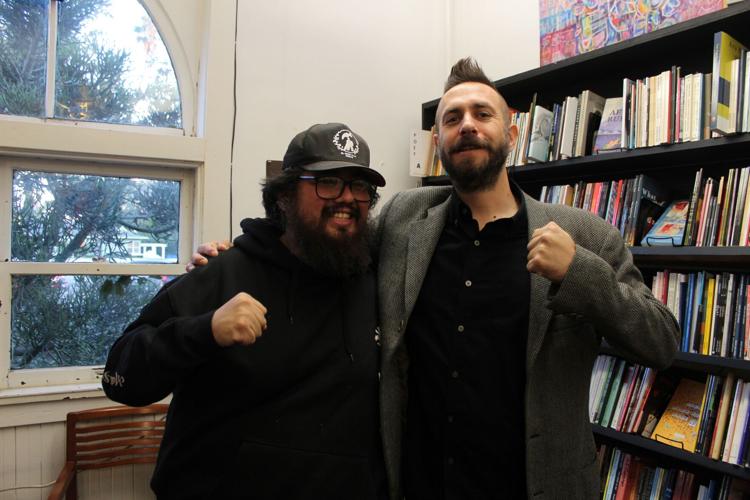

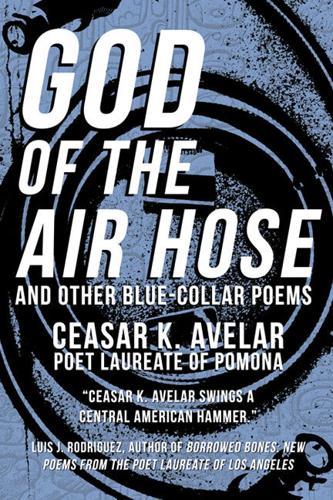

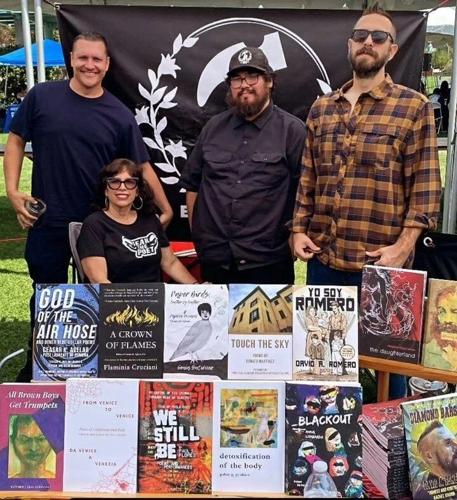
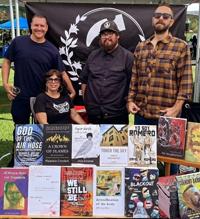
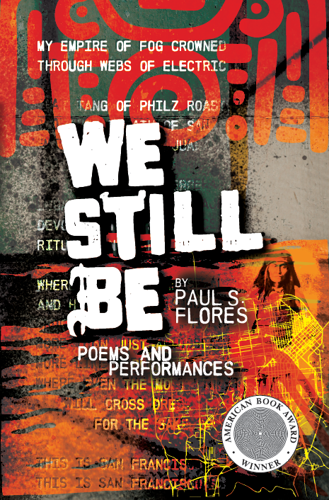
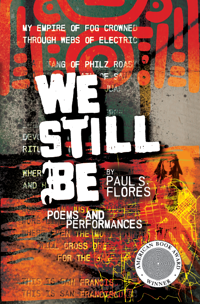








(0) comments
Welcome to the discussion.
Log In
Keep it Clean. Please avoid obscene, vulgar, lewd, racist or sexually-oriented language.
PLEASE TURN OFF YOUR CAPS LOCK.
Don't Threaten. Threats of harming another person will not be tolerated.
Be Truthful. Don't knowingly lie about anyone or anything.
Be Nice. No racism, sexism or any sort of -ism that is degrading to another person.
Be Proactive. Use the 'Report' link on each comment to let us know of abusive posts.
Share with Us. We'd love to hear eyewitness accounts, the history behind an article.